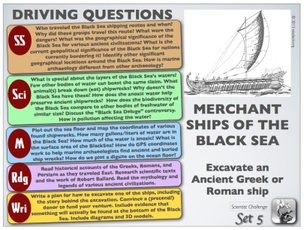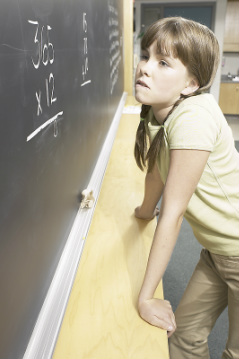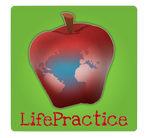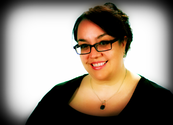And do they become better writers? Some do. Many just learn to hate writing, hate school, and solidly label themselves as “stupid.”
And we do the same with reading. We do the same with math.
And we have hundreds of PhD’s who are developing more ways to do it with more intensity. With more fidelity. And we have thousands of consultants writing books and manuals about how to do that to your kids, today, in 5 easy steps.
I’m sorry if I don’t really have the faith that those strategies will work so well.
I wonder…
I wonder if we stopped with the microscopes and needling and the … whatever else you want to label it …
I wonder if we went back to something way more simplistic. More basic. And this is going to sound dumb, I’m sure.
I wonder if instead of having kids practice writing/reading/math, if we could instead get them to be writers. To be readers. To be math.
*duh. That’s what all that other stuff is for*
But no, seriously. What if kids saw themselves as Hemmingway…as Vonnegut…as King…as Wilde…as Woolfe…Rowling…Card…Collins…Meyer (yeah, of Twilight fame…you may not like her style, but if a kid does, maybe it’s not for us to judge).
Sure, maybe the lifestyles of those writers may not be exactly the ones we want our kids to emulate, but the reality is, we don’t want to be copycats of others. We want to be our own best version of ourselves, right?
But to begin to imagine ourselves as a writer? To consider how a writer might live? To think about how their day is scheduled? Kids would no longer be students, per se, but instead, writers. To learn to seek, see, find, and develop inspiration. And I’m not talking about holding a Writer’s Workshop here, although that’s a great start. Let’s take it further.
What would a day/week/month/year in the life of a mathematician look like? An engineer? A statistician? An entrepreneur? What conditions would have to exist for kids to not “do math” but to BE one of these people? To pretend? To imagine? To become?
What would it be like to not just learn about science, but to actually BE a geologist? A botanist? An agricultural breeder? A biomedical engineer? A bio informatics scientist?
I want my tweens and teens to play at these careers now. To decide which mantle might fit them best. Maybe we’re talking about re-thinking schools in the most radical way…creating mini apprenticeships? But certainly we can begin with regular and sustained job shadows. Sure, maybe we don’t have all those careers in our locality. Maybe as a teacher, I don’t know how to help kids replicate all of the higher-level careers.
I can’t say I know how to make this all happen. But I wonder if we might start with writing. Helping kids to BE writers.




 RSS Feed
RSS Feed
